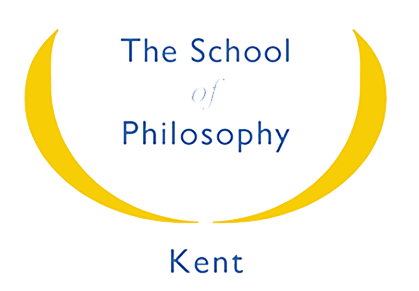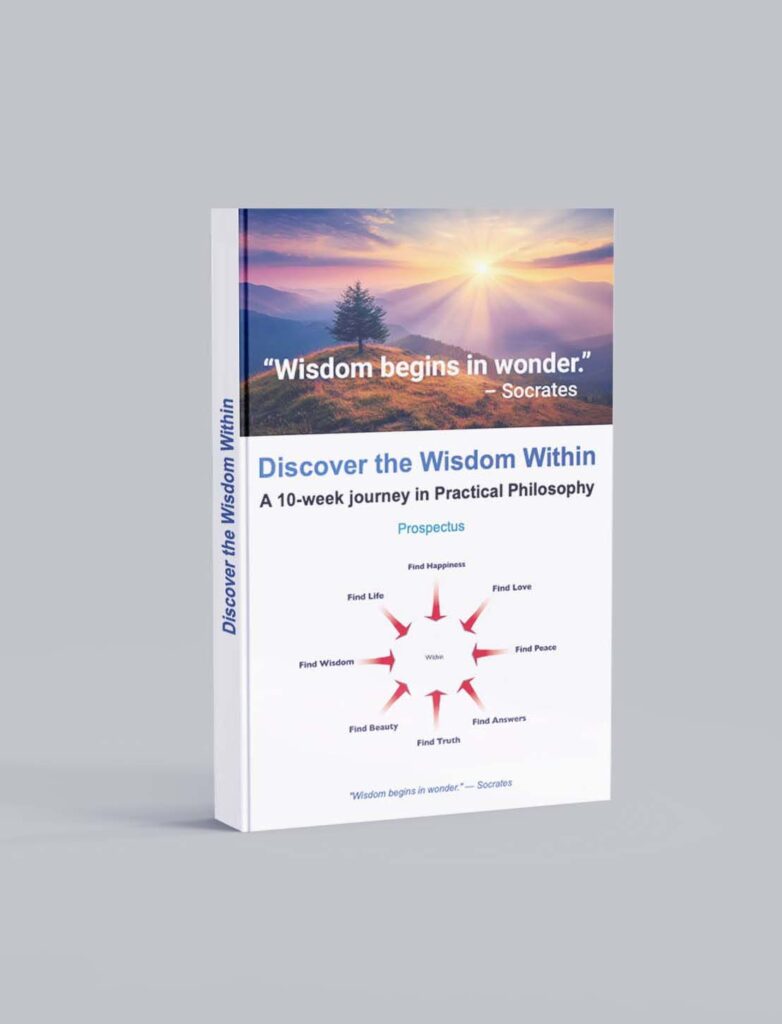History
Find out more about the origins and the history of the School in the 7 minute video below.
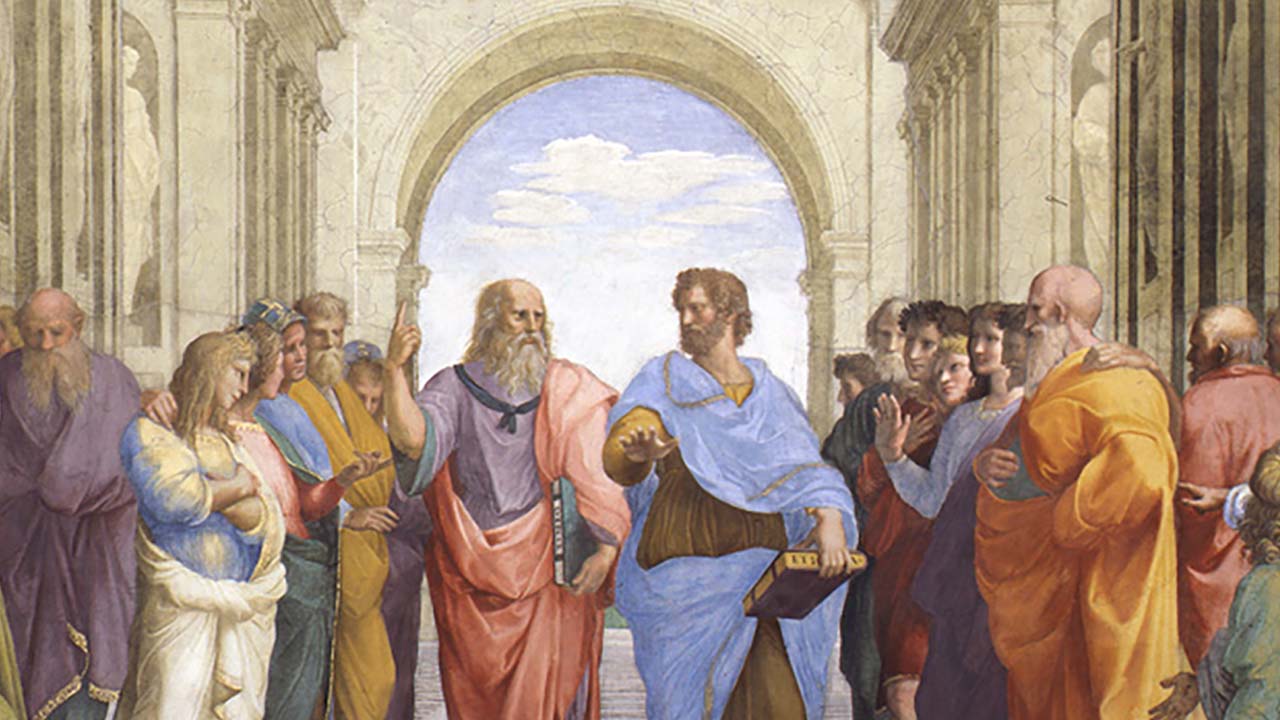
“.. an unexamined life is not a life for a human being.. Socrates”
History timeline
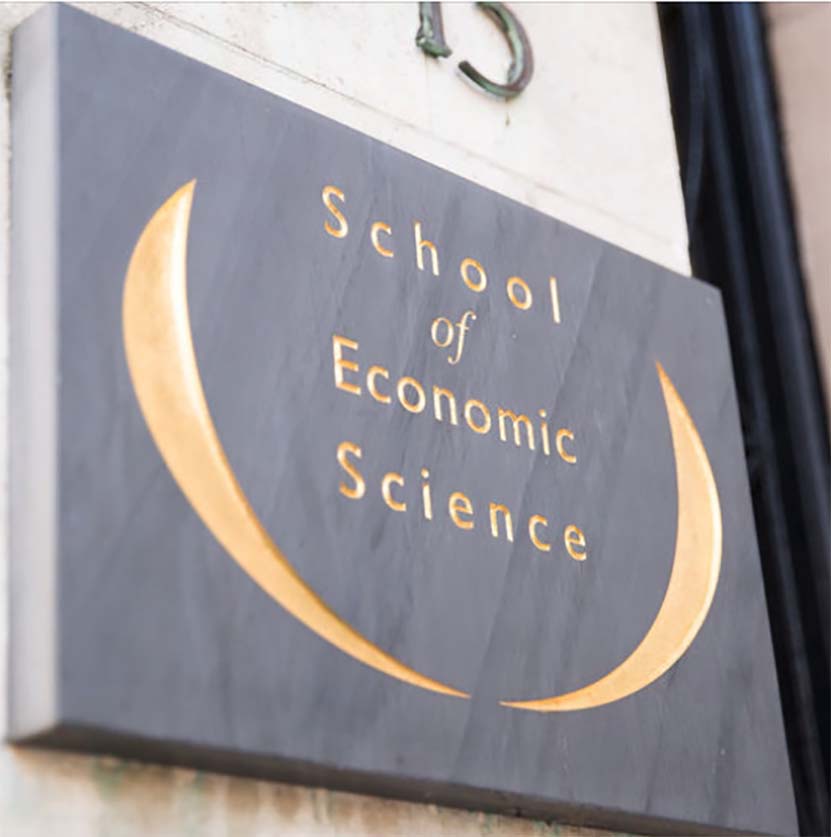
Henry George School of Economics founded in London by Leon MacLaren. It was renamed the School of Economic Science in 1942.
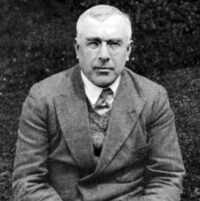
First series of Philosophy courses offered, developed from the teachings of Ouspensky and Gurdjieff.
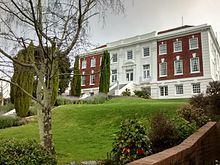
First overseas school established in Wellington, NZ. Since then associated schools have opened in North America, Argentina, Australia, Belgium, Canada, Cyprus, Germany, Holland, Hungary, Ireland, Israel, Malta, S Africa, Spain, Trinidad and Venezuela.
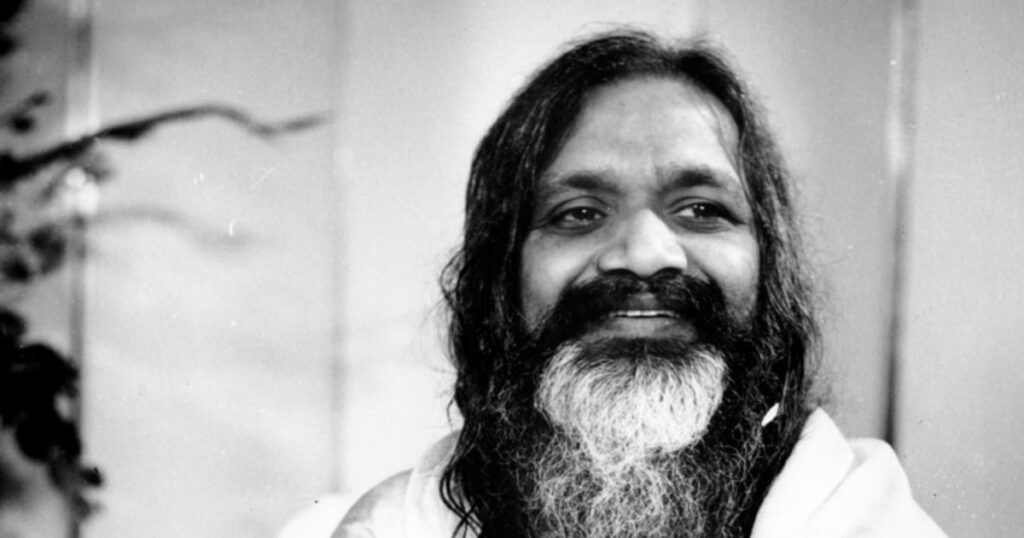
Maharishi Mahesh Yogi visits the UK, bringing the next stage of development, Meditation.
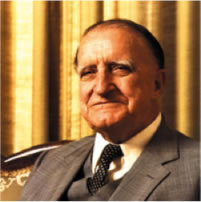
First of many meetings of Leon MacLaren and Shri Shantananda Saraswati.
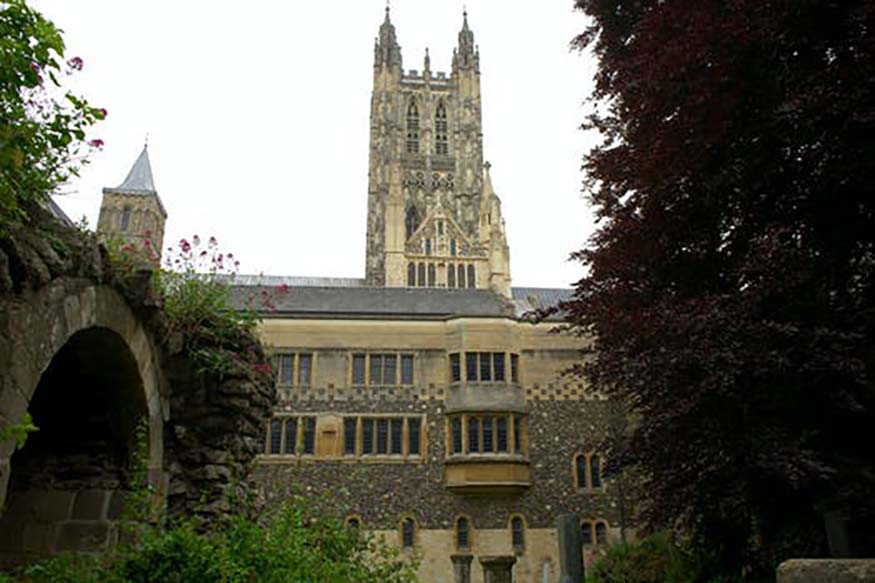
Philosophy courses first offered in Canterbury
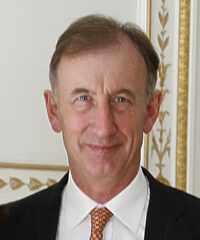
Mr MacLaren passes away. Mr Donald Lambie succeeds him as Senior Tutor.
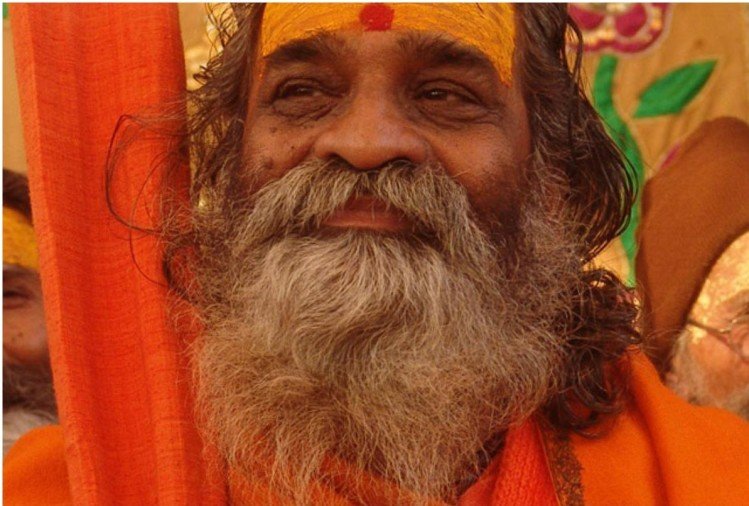
Shri Shantananda passes away. First meeting with Shri Vasudevananda Saraswati.
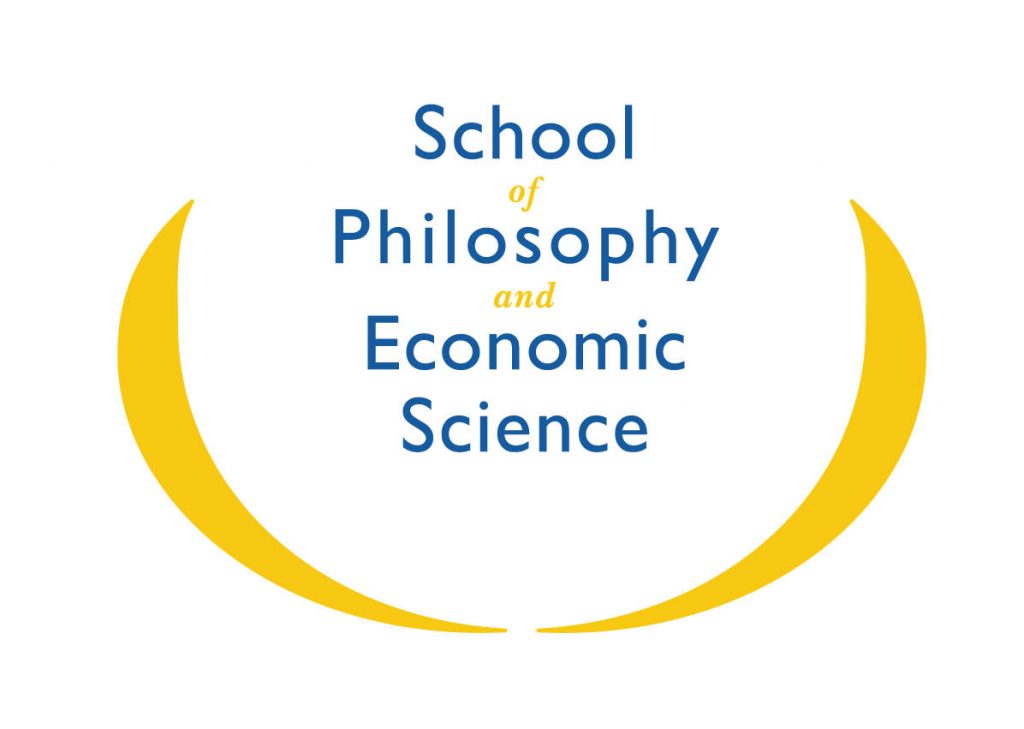
The name of the school is changed to the School of Philosophy and Economic Science.


How it works on our educational courses
A tutor presents material, and leads a discussion based on what arises. Being practical rather than academic, the emphasis is on personal knowledge. Students are encouraged neither to accept nor reject the ideas put forward, but to test them in practice for themselves, in the light of their own experience.
Leon MacLaren…
During the 1940’s and 50’s the founder of the school, Leon MacLaren, began to develop the Practical Philosophy course out of his study of economics and philosophy.

Over the next 30 years Leon MacLaren paid frequent visits to India; receiving guidance in the study and practice of philosophy from the holy tradition known as Advaita, which literally means ‘non-duality’ or ‘unity’.
Shri Shantananda Saraswati
At the first meeting, Shri Shantananda Saraswati talked about the direction of enquiry and the part he could play in it.
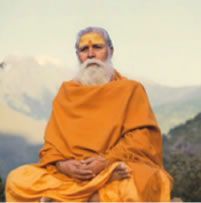
The School found this to be so: for the next 30 years he gave fully of his wisdom and guidance upon it through a series of conversations with the School’s leader at the time, Leon MacLaren.
Frequently asked questions
The course is practical in the sense that it takes philosophical ideas and shows how they can be of direct use in our everyday lives. The intention is to stimulate enquiry and through this expand the way we look at the world and ourselves.
Online by clicking ‘Enrol Today’ or email PracticalPhilosophyKent@gmail.com
If you register online, you will receive a confirmation email with your day of attendance. If you register by any means other than online, you will receive a receipt confirming your registration.
Yes, we have a local venue at Maidstone & Tonbridge Kent. There are also many other local venues in other parts of the UK where you can attend the course face-to-face.
No, all you need is an open and enquiring mind. The course is intended for everyone, regardless of education, occupation, race, political or religious belief.
First you need to enrol on a course. The in-person courses are available in Maidstone & Tonbridge Kent and at many other local venues up and down the UK. Local Maidstone & Tonbridge maps can be found on this page.
A tutor presents a topic, perhaps some material and leads a discussion based on what arises. Being practical rather than academic, the emphasis is on personal knowledge. Students are encouraged neither to accept nor reject the ideas put forward, but to test them in practice for themselves, in the light of their own experience.
In this way, for those who wish, the whole week between classes can become a learning opportunity.
As the course continues, the most vivid and valuable part of the evening meetings is often sharing what has been seen in daily life between individual sessions.
be found on this page.
Just an open and enquiring mind, and an interest in the subject matter. At the end of each evening or via a later email a handout with key points and any quotations used is provided.
Mindfulness is knowledge and love working together. One is mindful when an action is heartfelt and you know what you’re doing. Philosophy makes mindfulness practical. Throughout the course, great emphasis is placed on the importance of being in the present moment. Exercises and practices are provided to encourage this connection. These increase the value of each weekly session. More generally, they deepen and enrich awareness of the vibrancy of the world around us in our daily lives.
There is much focus on the direct experience of stillness as the underlying basis for clear observation and connection with oneself. However, the practice of mantra meditation as such does not form part of the course. Meditation is introduced a few terms later for those who wish it. Over time it becomes an increasingly central practice.
Our philosophy tutors have all been studying in the School for some time. All have considerable experience of applying the lessons of philosophy to their everyday lives. They come from all walks of life and many different professions, but all share the same love of passing on knowledge in order that people can get the most out of their lives. None are paid for being a tutor.
This is not an academic course. There are no exams.
The course is not religious, but it does address the spirit in Mankind. It is designed to be suitable for people of all faiths – and those who follow no particular faith.
Yes, for those who wish. Some people find that the introductory practical philosophy course, which is intended to be of real value in its own right, satisfies their interest. Others want to continue their studies. The School caters for this, offering additional courses and the chance to penetrate further the great questions of life. This can last for another term, another year, or longer. However long or short a time people may wish to study in the School, the hope is that everyone will find something of true and lasting value.
The basic format of a group discussion remains unchanged.
In terms of content, the next few terms examine the subjects broadly covered in the introductory course in more detail, exploring further ways to make the study practical.
After that, the study increasingly turns to deeper understanding of the philosophy of Advaita. This can go on for as long as the individual wishes. Each term has the capacity to add something of real value to those whose interest persists.
Advaita is the clearest and most systematic expression we have found of the common philosophy that lies at the heart of many of the world’s great religions and philosophies. Literally meaning ‘one without a second’, it is a universal philosophy of great breadth. Its most central tenet is everyone and everything are in essence the expression of one consciousness.
A true appreciation of Advaita allows life to be led more fully and richly, conferring greater freedom on the individual and those around him or her. It is designed to bring out the best in everyone, whatever the part they are playing.
If you have any questions simply email us PracticalPhilosophyKent@gmail.com
What some of our students say...







